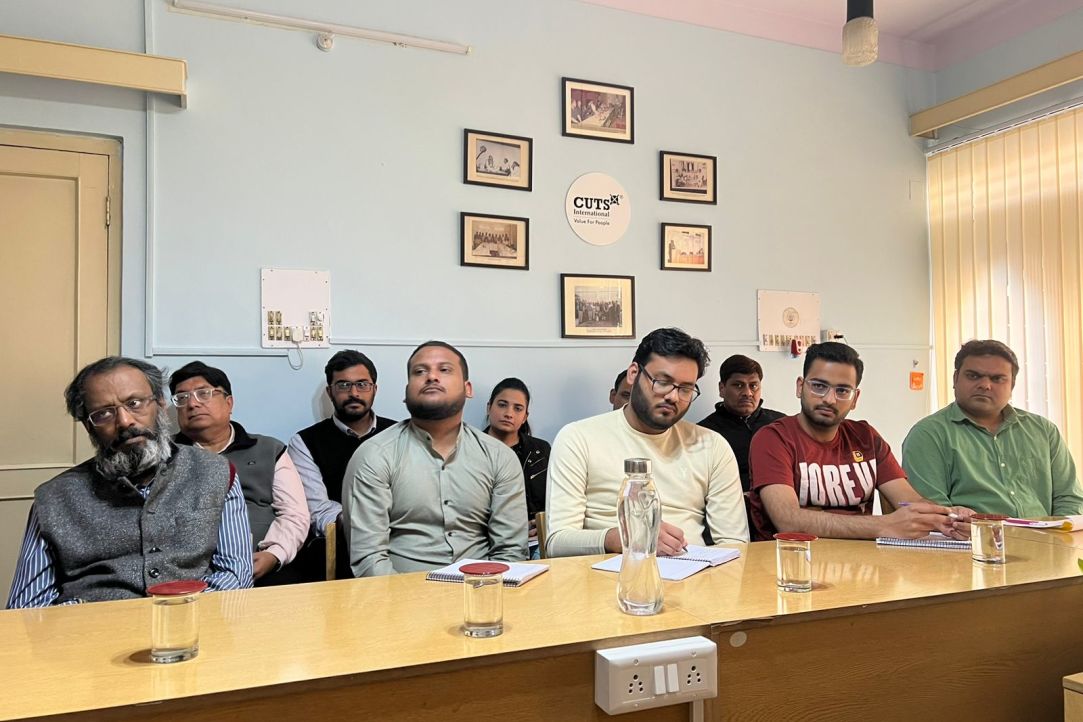
Russia Strengthens Its Position in the International Antitrust Community
India is playing a special role on the international stage this year. Apart from chairing the G20, in October the country is hosting the VIII BRICS Competition Conference, which is held every two years. The HSE International BRICS Competition Law and Policy Centre is involved in developing the programme and organising the conference. Alexey Ivanov, Director of the Centre, recently became a member of the International Advisory Board of India's Centre for Competition, Investment and Economic Regulation—CUTS.
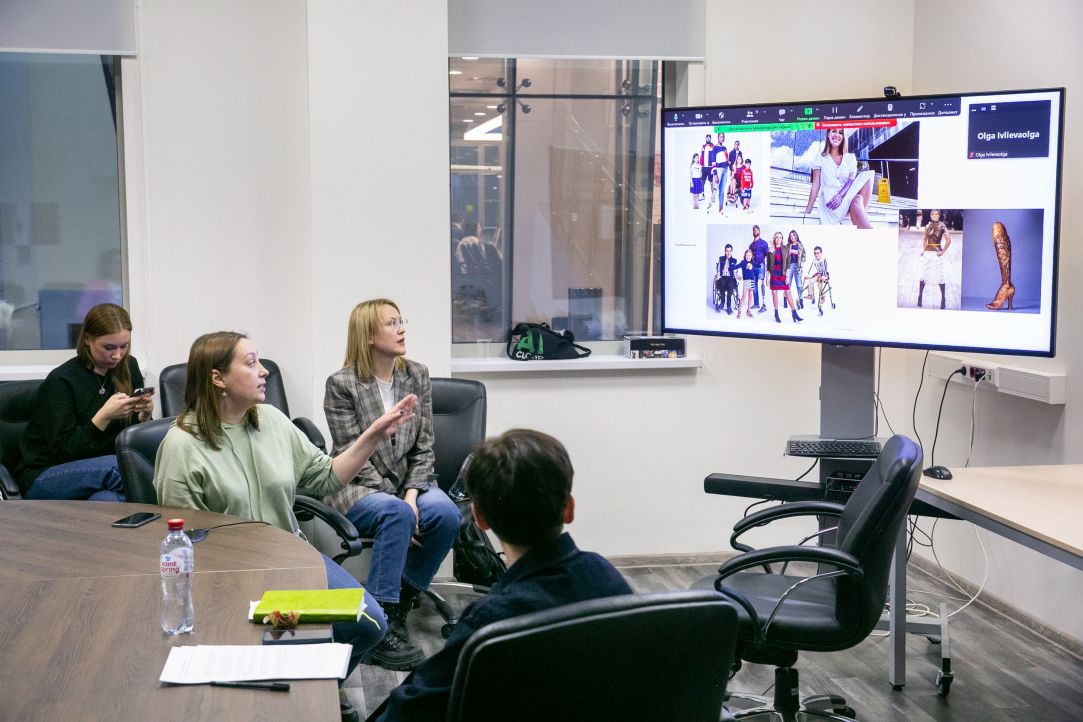
‘An Avatar Is an Image of a Posthuman’: Mediacosm Held at HSE University
On February 16, the sixth Mediacosm conference was held. The event traditionally dedicated to discursive and non-discursive ways of presenting the cosmos through media, fashion and music was organised by the HSE Faculty of Creative Industries.

‘In Amarna, the Hieroglyph “Akhet” Can Be Seen in Nature’
Alexander Loktionov was born in Lyon, studied and works in Cambridge, and in 2022 launched a new Egyptology programme at the HSE Institute for Oriental and Classical Studies (IOCS). In this interview with the HSE University Age-mates project, he spoke about the Horus on the Crocodiles stele, the emblems and gilding of St. John’s College, the attitude of modern Egyptians towards the pyramids, and his hope of uniting Russian and Western Egyptological traditions.

Master’s in Computer Vision Students Defend Term Papers for First Time
Second-year students of the Master of Computer Vision programme have presented their projects in this cutting-edge field in AI. The committee included representatives of the programme’s partners from Huawei, YADRO and SBERLAB, as well as Valery Cherepennikov, IT advisor to the governor of the Nizhny Novgorod region.
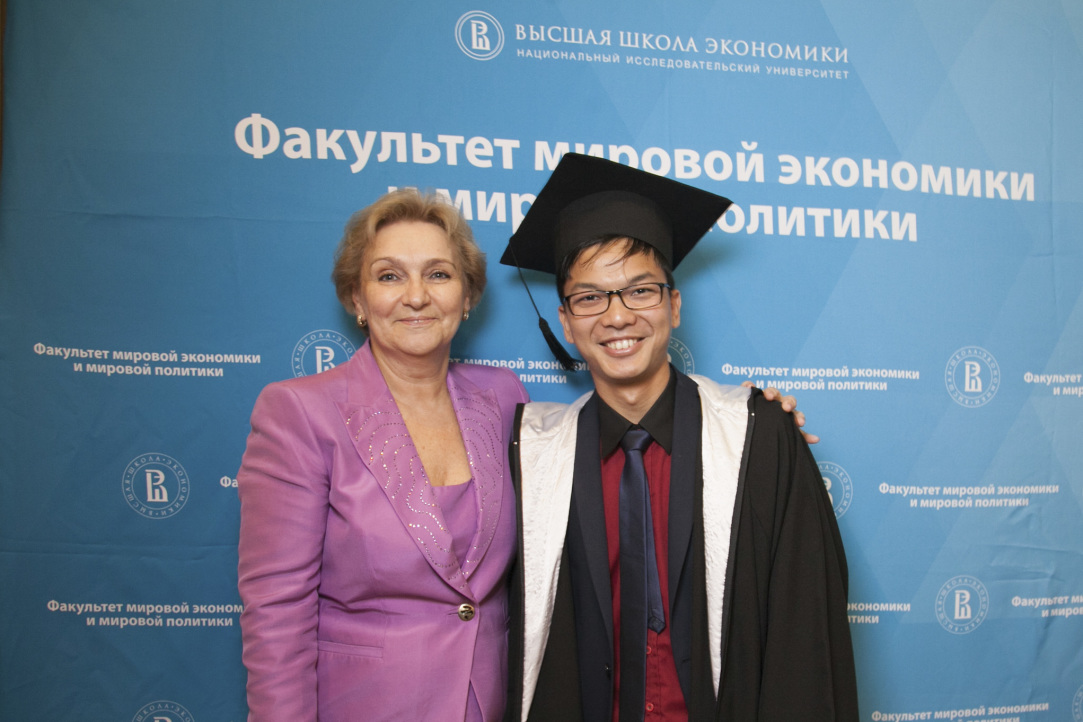
‘My PhD Taught Me about Life, Professionalism, Research, and Controlling My Emotions’
Wai Yan Phyo Naing first came to HSE University from Myanmar to enrol in a master’s programme at the Faculty of World Economy and World Affairs in 2015. After graduation, he decided to pursue a PhD at the Doctoral School of International and Regional Studies. On February 16, 2023, he successfully defended his dissertation on ‘Evolution of Myanmar’s Policy Towards China (1988–2020)’.
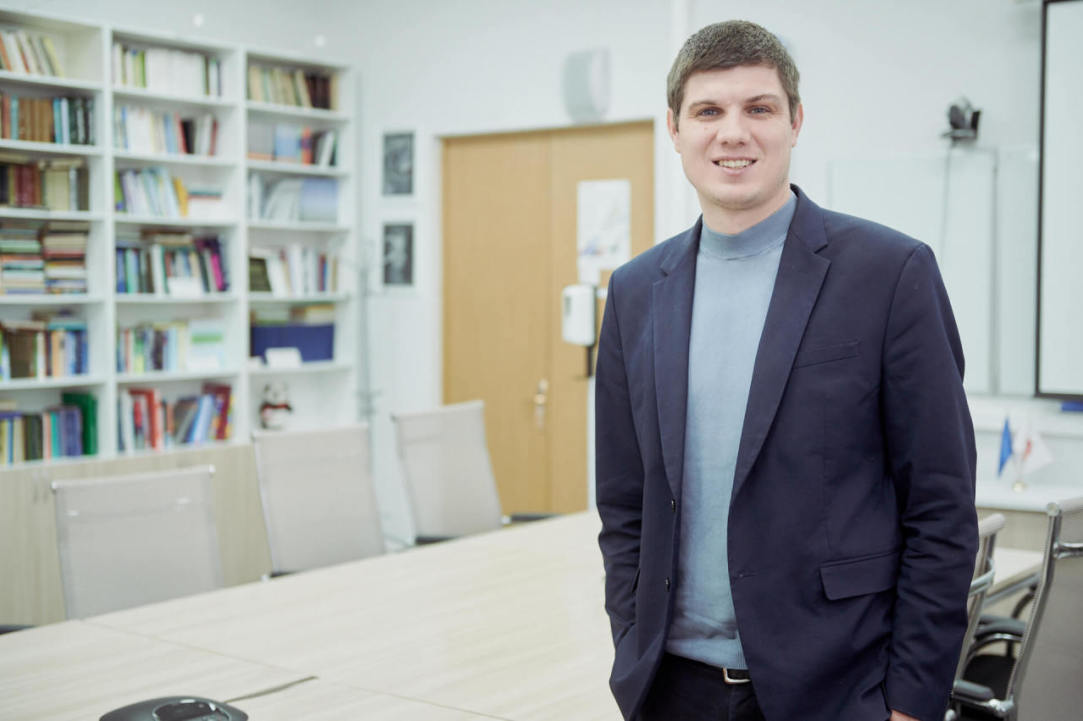
Evgeniy Terentev: ‘The Project Aims to Give People Various Tools for Personal Fulfilment and Betterment’
Every day, new technologies and institutional solutions appear that expand people’s opportunities. Which technologies are effective at this, and which have yet to be created to meet the challenges of the modern era? How do people choose technologies and how can the choice become a conscious one? HSE University’s strategic project Success and Self-Sustainability of the Individual in a Changing World aims to answer these questions and more.
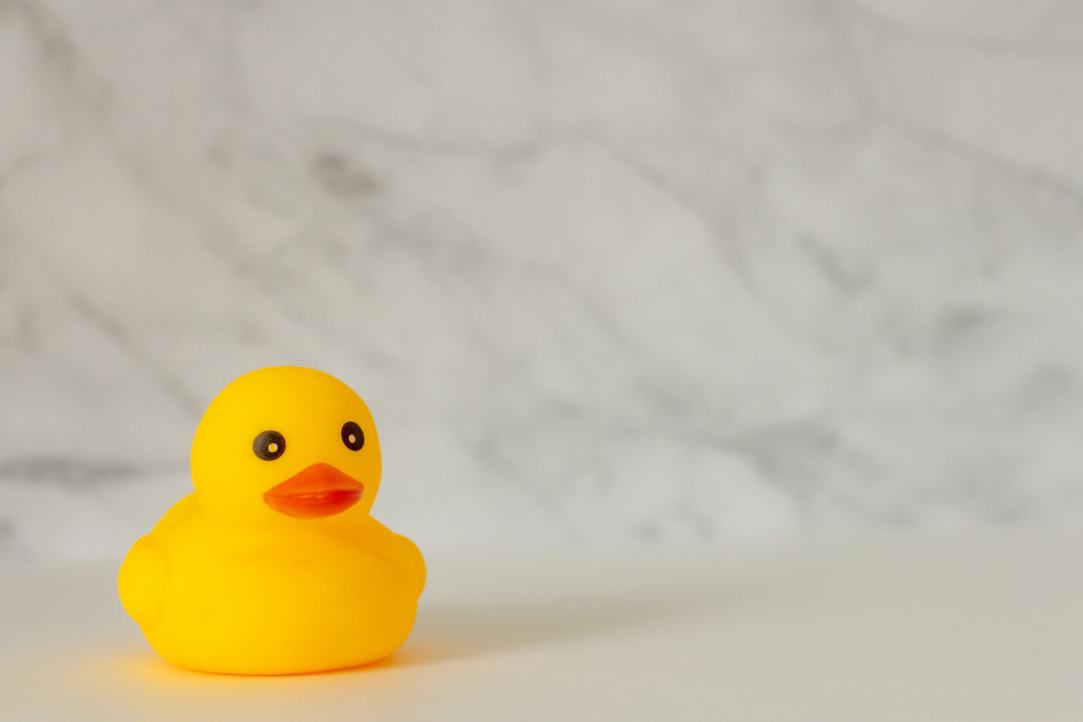
HSE Psychologists Examine Baby Duck Syndrome in Digital Interface Users
Researchers of the HSE Laboratory for Cognitive Psychology of Digital Interfaces Nadezhda Glebko and Elena Gorbunova have examined the so-called ‘Baby Duck Syndrome’—the tendency among digital product users to prefer the the old version of an interface over a new one. The authors compare this phenomenon to similar cognitive biases such as the mere-exposure effect, the endowment effect, and the status quo bias. Their findings are published in Psikhologicheskie Issledovaniya [Psychological Studies].
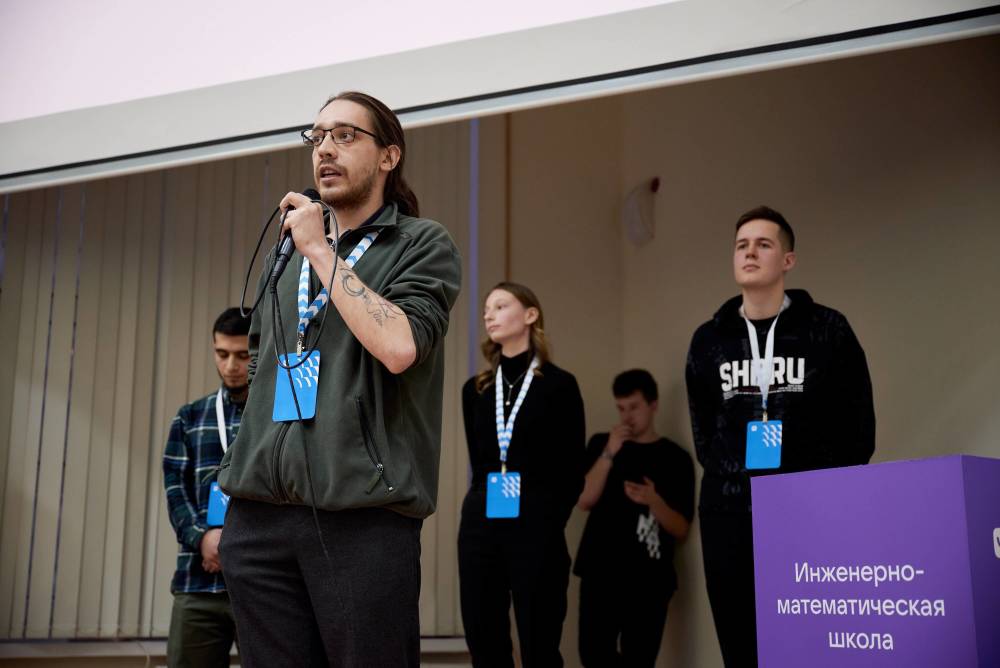
Students of Engineering and Mathematics School Present First Project Results
Students of the Engineering and Mathematics School (EMS) launched by HSE University and VK in October 2022 held a Demo Day to showcase the first results of their product- and research-based IT projects. Work on the projects has been conducted under the supervision of experts from the university and mentors from VK.
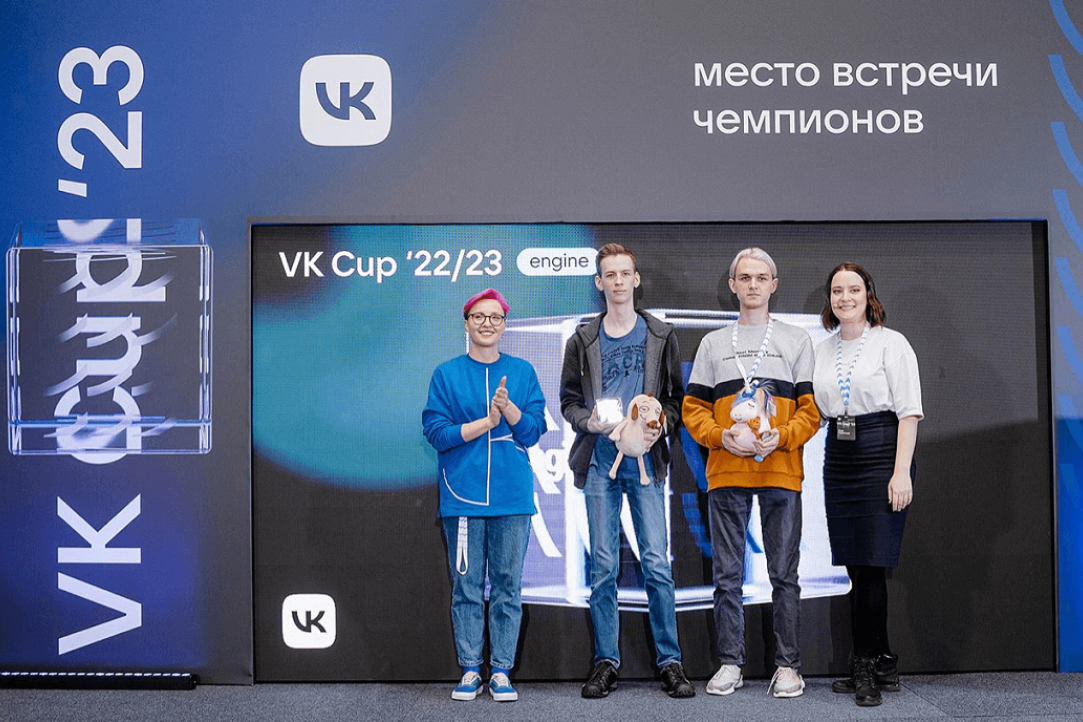
HSE University Students and Graduates Among Winners of VK Cup ‘22/23
On February 5, the finals and award ceremony of the VK Cup ‘22/23 IT championship took place. The competition comprised two qualifying stages and one final stage. There were more than 5,000 applications for the qualifying stages, with a total of 80 participants making it to the finals.
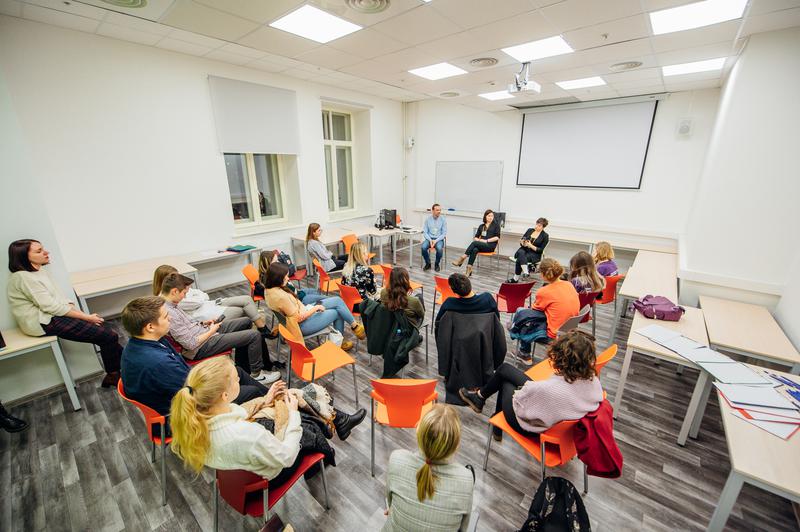
HSE University Lecturers Share Their Pedagogical Insights
The winners of the autumn 2022 Innovations in Education competition presented their pedagogical insights at a teaching marathon held at the HSE University campus on Pokrovka. They shared their experience of implementing their developments, explaining how innovations help them in their daily work and how they affect the learning process.


Deadline for applications to present academic reports - January 20, 2025